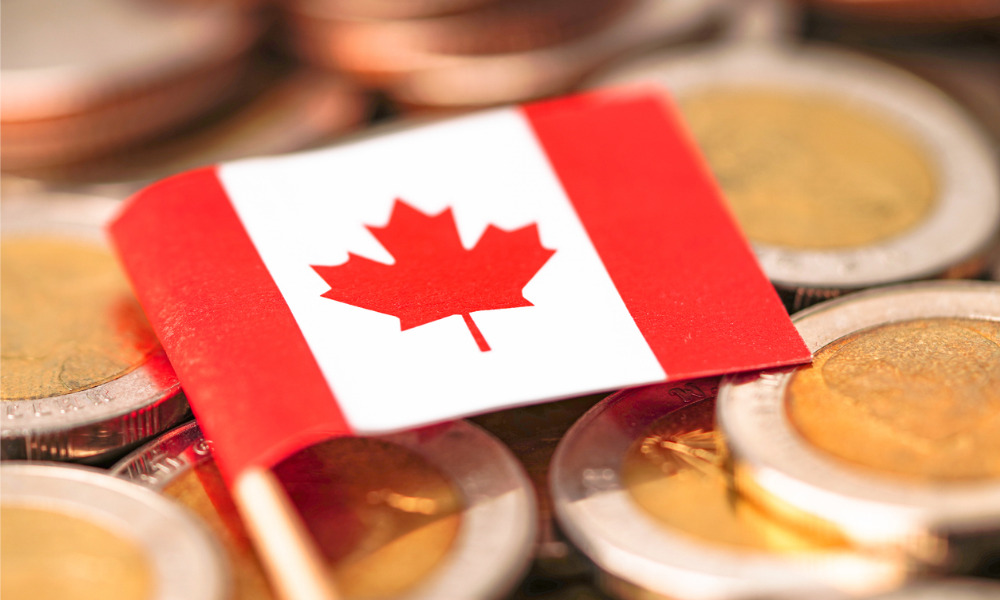A downturn is still in the cards, new analysis says

The Canadian economy has exhibited remarkable robustness despite the central bank’s inflation targeting strategy that brought about a higher-rate environment, but a “bumpy landing” still remains a distinct possibility, according to the Royal Bank of Canada.
“Overheating labour market conditions and a large stockpile of household pandemic savings in Canada might delay the full impact of tighter monetary policy,” the bank said in a new report, stressing that “higher prices and interest rates already ate up all of the increase in Canadian household after-tax wage incomes in 2022. And they look on track to do so again in 2023.”
However, the economy’s positive growth in the near term might only end up postponing, rather than outright preventing, a downturn.
“Even as higher prices and interest rates soak up a larger share of purchasing power, consumers in Canada continue to spend,” RBC said. “Housing markets look like they’re past their bottom with home resales and prices rebounding in the spring, and the ratio of demand to available listings shifting in favour of sellers in arising share of markets.”
RBC noted that only a softening economy, and not ever tightening policy, could guarantee a return to the central bank’s inflation target of 2%.
“If recent momentum continues to surprise on the upside, then the Bank of Canada and other central banks will need to hike interest rates more than expected,” RBC warned.
RBC is anticipating a further 25-basis-point upward adjustment in the BoC’s policy rate by July, “unless economic data deteriorates more than expected before then.”
“The only true ‘soft landing’ scenario is one where inflation pressures slow quickly back to target rates without a deterioration in the economy, and that still looks unlikely.”



